

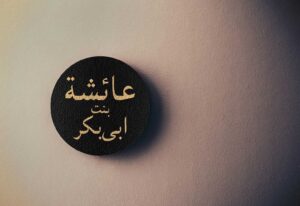
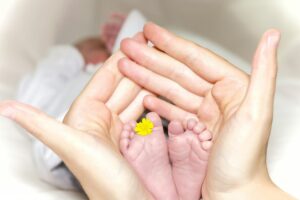

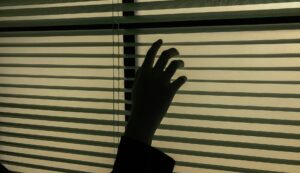
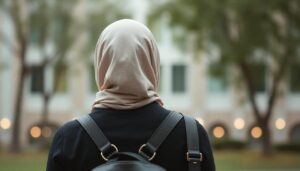
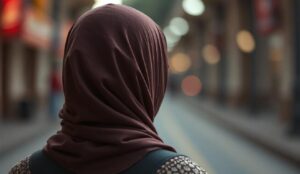
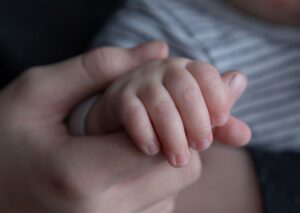

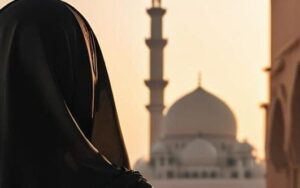

A father’s personal journey, reflecting on how the Prophetic teachings celebrate daughters as blessings, not burdens, and how his influence—resonating through time—safeguards against such societal prejudices.

In an era where women’s voices were often silenced, Hazrat Aishara spoke with wisdom and authority, exemplifying the rights women held in Islam from its outset.

Surrogacy challenges the Islamic concept of motherhood and lineage. The Ahmadiyya Caliph outlines why the practice is unlawful in Islam and emphasises preserving the sanctity of the family structure.

Mothers are not only central to the home, but also to the moral and spiritual foundation of society. This Mother’s Day, let’s honour their vital role in nurturing the next generation.

Women’s mental health is often overlooked, yet understanding the challenges women face and adopting coping strategies can enhance their emotional strength. On International Women’s Day, let’s prioritise women’s mental well-being.

Often misunderstood as a restriction, purdah is, in reality, a source of strength and identity. The article explores the author’s journey of resilience, proving that true empowerment comes from within—not from societal expectations.

Opinions often surface branding the hijab as a symbol of oppression. Here, we respond to a recent Newslaundry article, challenging the narrative that Muslim women require ‘liberation’ from their choice to wear the veil.

Postpartum depression is a common yet often overlooked challenge that many new mothers face. Understanding its impact and finding effective coping strategies are essential for both maternal well-being and healthy parenting.

Amidst the polarised debates that either advocate for or entirely reject abortion, Islam offers a balanced and logical perspective, respecting the rights of women and the sanctity of potential life.

The journey of Arabian society from the age of ignorance to the age of Islam witnessed profound changes in their societal norms, particularly in the status of women.